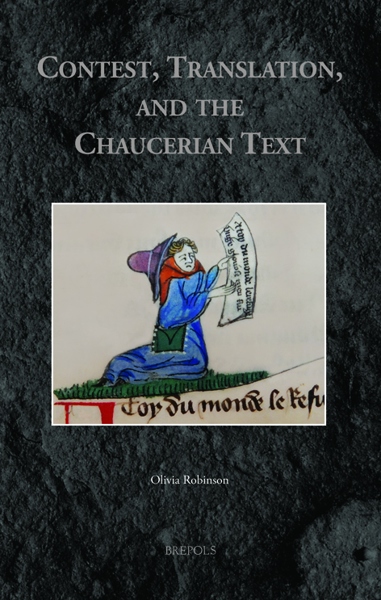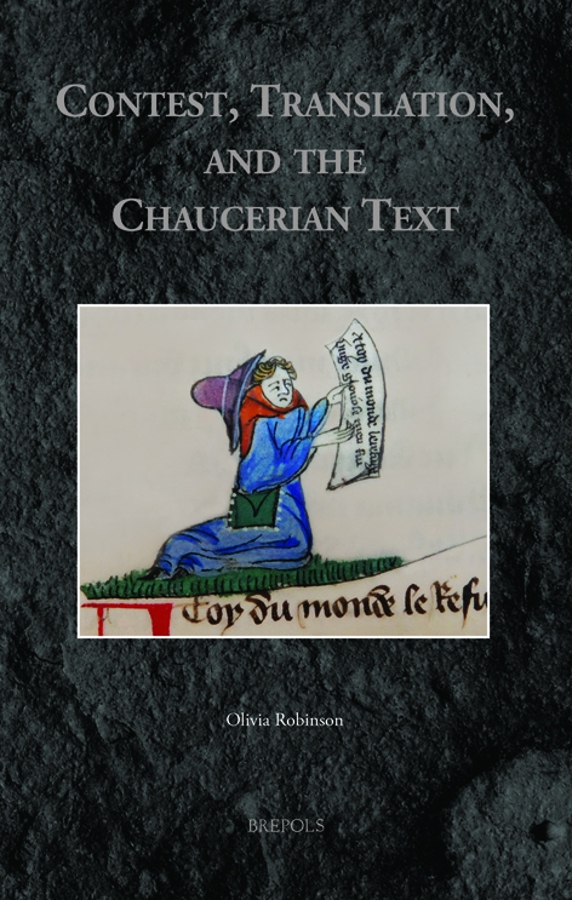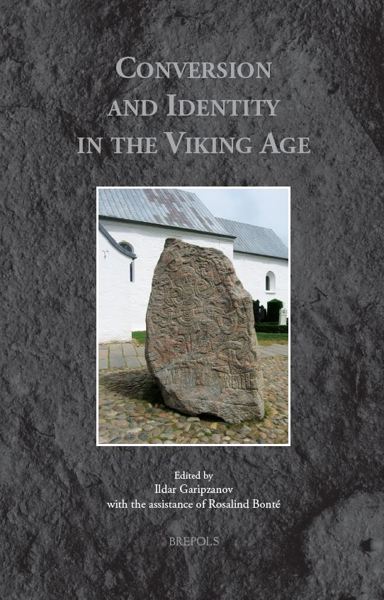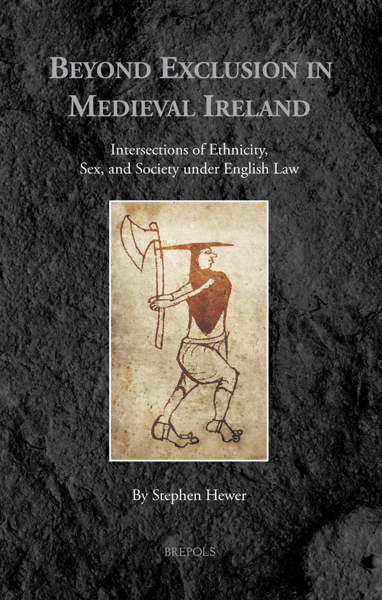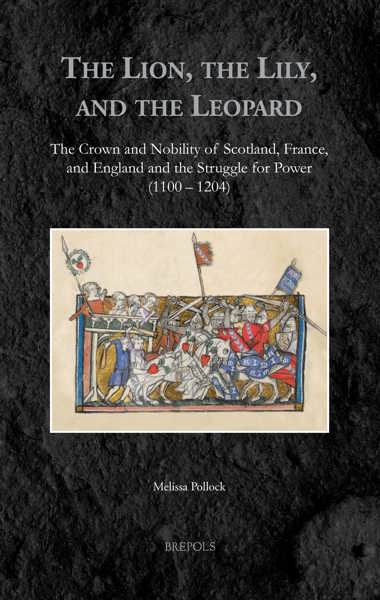
Contest, Translation, and the Chaucerian Text
Olivia Robinson
- Pages: 232 p.
- Size:156 x 234 mm
- Illustrations:3 b/w, 6 col.
- Language(s):English, French
- Publication Year:2020
- € 85,00 EXCL. VAT RETAIL PRICE
- ISBN: 978-2-503-54663-6
- Hardback
- Available
- € 85,00 EXCL. VAT RETAIL PRICE
- ISBN: 978-2-503-56092-2
- E-book
- Available
A re-examination of three Middle English texts, and their links to Chaucer.
‘This exciting, rigorous and timely monograph fills a very clear gap. Its scholarship is breath-taking and precise; it speaks to a growing multilingual ‘turn’ in the discipline and provides an unparalleled glimpse into the participatory culture of medieval Europe.’(Professor Emma Cayley, University of Leeds)
“We all have so much more to do, I marveled to myself as I finished this book--and that, to me, is the hallmark of a truly great monograph.” (Elizaveta Strakhov, in The Medieval Review, 21.12.18)
This sophisticated volume sheds new light on the transmission of texts in the medieval period by drawing into dialogue a study of medieval translation between English and French with questions concerning the Chaucerian canon and its reception. The author takes as a focus point three Middle English translations of French-language works — The Romaunt of the Rose, the Belle Dame Sans Mercy, and An ABC to the Virgin — and assesses the way in which these works respond to and reconfigure their source material, while at the same time questioning how the connection of these translations with Chaucer has influenced our critical understanding of them. In this book, these three translations are therefore removed from their habitual place on the fringes of the English Chaucer canon, and are instead analysed in the context of late-medieval literary and cultural hybridity. The result is a fascinating reconceptualization of these works as creative, cross-channel participations in late- medieval debates, and simultaneously a call for the reappraisal of ‘the Chaucerian’ as a critical category.
